How to Maintain your Oral Health
There are various things you may incorporate in your regular oral hygiene practice to keep strong teeth ranging from keeping to a decent regimen to utilizing the proper products. The following are a few of these critical phases, though they are not exhaustive.
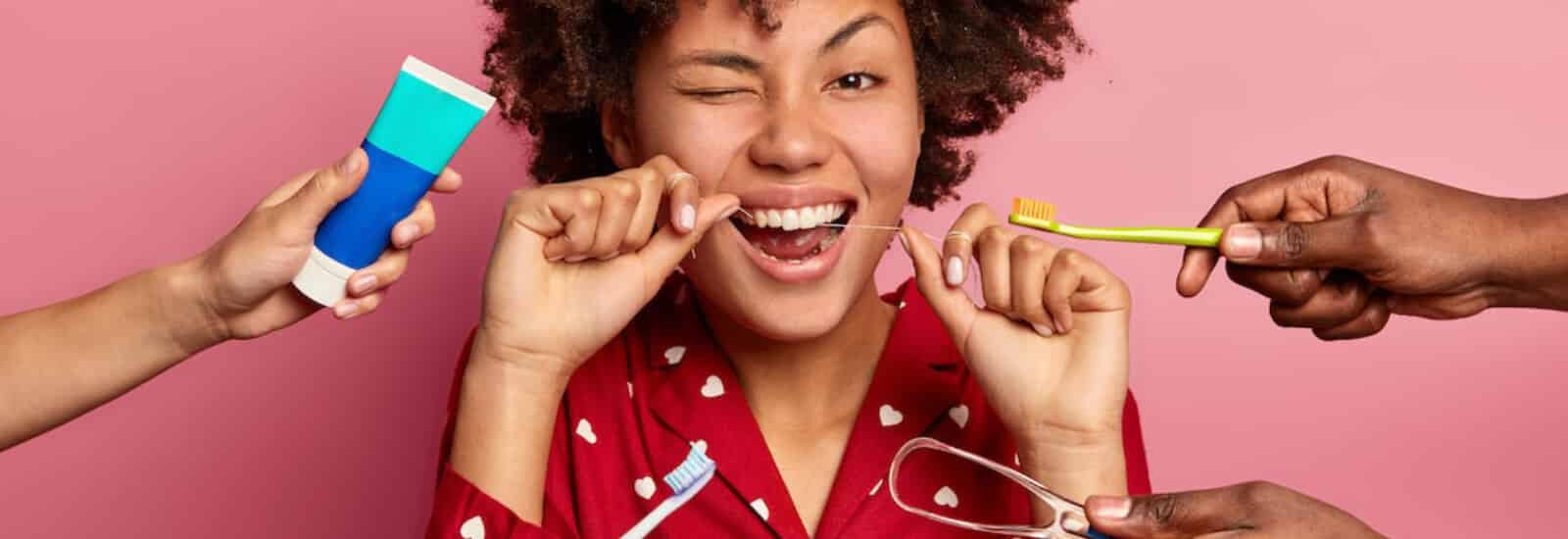
Talk to a Dentist Now!
1. Select the appropriate Brush
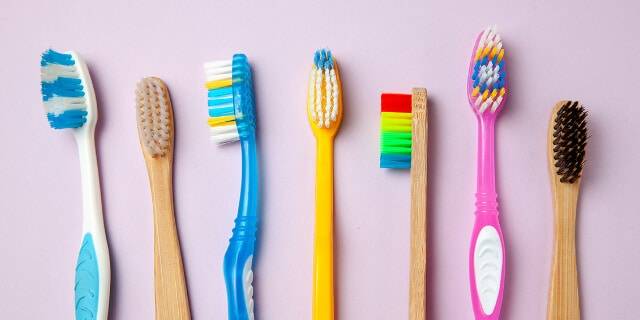
Choosing the appropriate brush is the very first step in your regular oral hygiene regimen. Adults have the idea that larger brushes are better, but in fact, a toothbrush with a smaller frame is ideal. It also is vital to pick one with tiny bristles that can touch farther inside your mouth, particularly the spaces between your teeth. They provide excellent hiding spots for food scraps.
2. Brush correctly
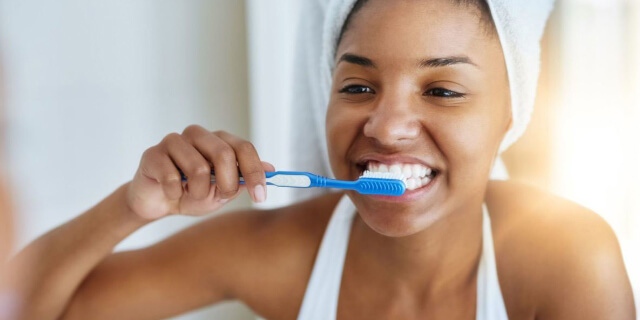
Brushing twice a day does not imply that you are keeping proper dental cleanliness You must brush correctly, which means brushing every portion of each of your teeth for at least two minutes. If at all feasible, set a timer to guarantee that you brush for at least 2 mins.
3. Use a Scraper to clean your Tongue
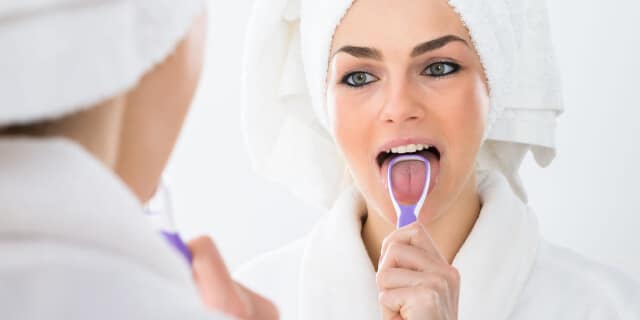
This is certainly relevant that your brush has a tongue-scraper backside. Scrape your tongue using a tongue scraper designed specifically for this purpose.
This step is crucial because germs can remain on the tongue long after you’ve finished cleaning your teeth. Having to scrape your tongue is one of the most effective ways to remove microorganisms.
4. Floss in the right way.
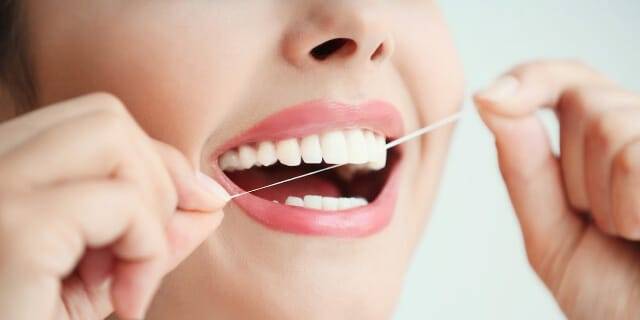
After you’ve finished brushing and scraping your teeth, it’s time to floss. Flossing is another effective means of removing harmful bacteria from underneath your teeth. The lengths of floss that should be used is around 18 inches This would be to guarantee if you’re using a new section of floss in every few teeth, preventing germs from re-entering your mouth.
5. Mouthwash after rinsing
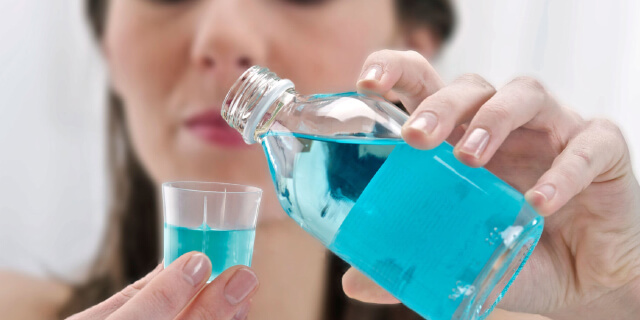
The final stage in your regular oral care practice is to floss. Following regular brushing, wash your mouth with an effective antibacterial mouthwash. There are a few other products on the market that are designed to aid in the removal of germs and plaque from your mouth. When taking out the mouthwash, be sure you swirl thoroughly for at least 30 seconds.
The five measures listed above should be included in your everyday oral hygiene practice. You also should clean up your brush thoroughly after every use and prevent concealing it, since this might contribute to the growth of bacterial spores on your toothbrush. If you keep using the same brush, this might result in oral health problems. Absolutely, you should stop posting your brush with others, including your families and loved ones.
About Author

Pursued her BDS degree From Bharati Vidyapeeth, Pune Dr. Preethi Nagrajan is a successful dentist. She completed her graduation in 2009. She is not only an enormous dentist but also accomplished her MBA in healthcare and hospital management from Tamil Nadu University in 2013. She has also acquired a Diploma in Laser and Implant dentistry from LALD. This paved the way for her to become a specialist in Painless Laser Treatment, endodontics, oral surgery, prosthodontics, periodontology, FMR, and smile designing. Her experience and knowledge have allowed her to publish numerous articles in various international journals. Dr. Preethi currently works as Dental Director at Sabka Dentist and has worked with the organization for over 8 years.








